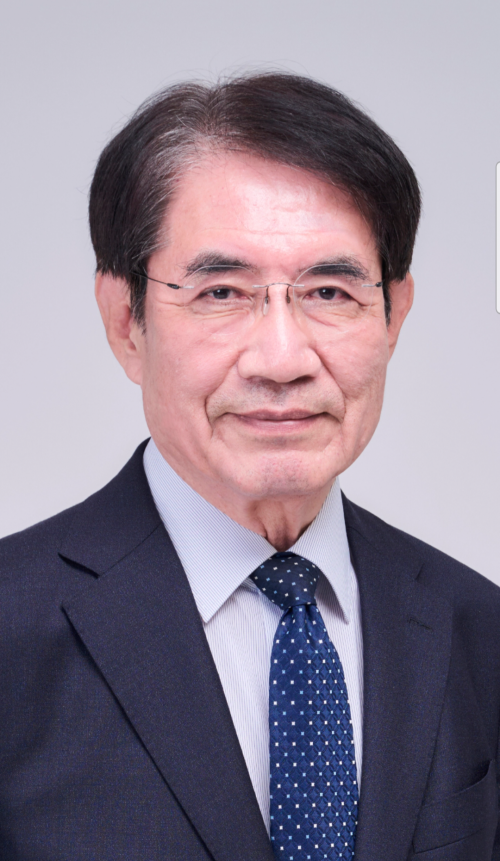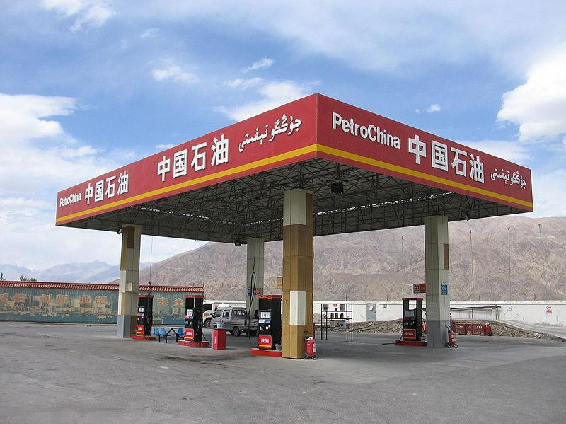
SEOUL, October 27 (AJP) - South Korea’s financial sector has joined the Ministry of Trade, Industry and Energy in urging the petrochemical industry to embark on a voluntary restructuring.
The call is ambitious: companies are being asked to reduce naphtha cracking capacity by as much as 3.7 million tons — roughly 25 percent — and pivot toward higher-value specialty products. Creditors have gone so far as to warn that continued support could be withdrawn if companies fail to act.
Yet voluntary restructuring has never come easily in a system long accustomed to government direction. For decades, industries in South Korea have looked to the state for guidance and protection.
Now, they are being asked to take the lead — to assess their own competitiveness, absorb costs, and reconcile clashing interests. That shift will not happen overnight.
The petrochemical sector, built on massive facilities designed for long-term operation, faces especially high hurdles. Transitioning to specialty chemicals may sound like a strategic fix, but it is neither simple nor guaranteed to succeed. Market competition is fierce, and pressure without partnership risks driving companies into deeper uncertainty.
The government, too, bears responsibility for the current predicament. Since the 1990s, policymakers and experts have called for a shift toward precision and specialty chemicals. But those voices were often drowned out by political priorities — from green growth to carbon neutrality — that brought policy inconsistency rather than sustained industrial direction. The result is a sector caught between regulatory burden and global competition.
Despite being the country’s fourth-largest export industry — contributing $48 billion last year, behind semiconductors, automobiles, and machinery — petrochemicals are often cast as environmental villains. Laws such as the Chemical Control Act, though well-intentioned, are viewed by many in the industry as obstacles to competitiveness.
Meanwhile, soaring electricity costs have compounded the pressure: industrial power rates have climbed about 70 percent over the past three years, making them 15 percent higher than residential rates and significantly above U.S. levels.
That economic imbalance has already pushed some producers to consider securing their own power sources. It also highlights a deeper problem — South Korea’s uneven approach to industrial energy pricing and sustainability.
Turning to cheaper Chinese petrochemical imports may appear tempting, but history offers a warning. The 2011 urea shortage, which exposed the country’s overreliance on Chinese supplies, remains a painful reminder of how quickly dependence can become vulnerability.
The path forward demands more than government directives or creditor ultimatums. What South Korea’s petrochemical sector needs is a coherent strategy — one that balances competitiveness, environmental responsibility, and energy reform.
Without that, calls for “voluntary restructuring” will remain little more than rhetoric.
* This article, published by Aju Business Daily, was translated by AI and edited by AJP.
Copyright ⓒ Aju Press All rights reserved.



![[영문] PetroAlgae Raises $10 Million in Common Stock Offering](https://image.ajunews.com/content/image/2008/12/25/200812250848327740021-2-98476.jpg)